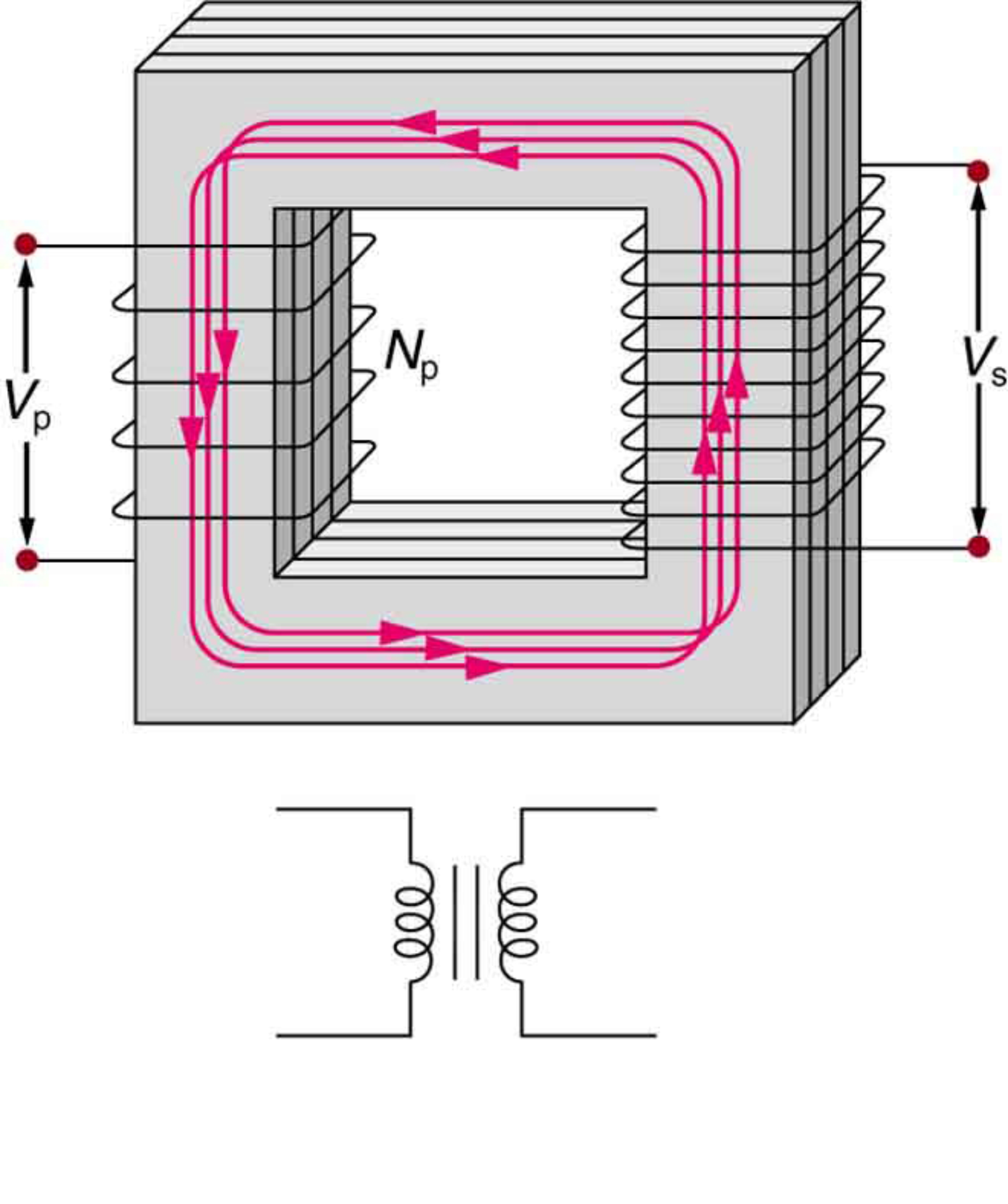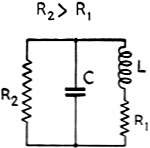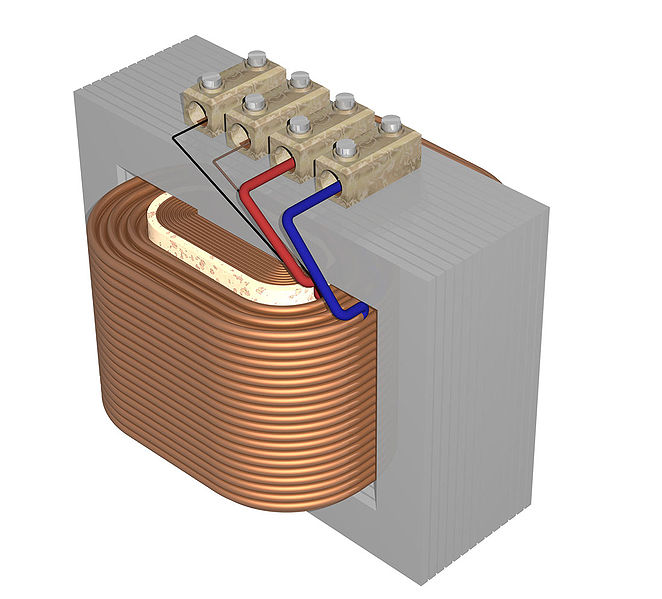_ بخش شناخت ترانسفورماتور Transformator
تعریف (ولتاژ ثانویه) ترانسفورماتور Transformer
پژوهشگر و نویسنده: دکتر ( افشین رشید)
ولتاژ متناوب روی سیم پیچ اولیه یک میدان مغناطیسی متناوب به دلیل اندوکتانس ایجاد می کند. شار مغناطیسی با کمک هسته آهنی از سیم پیچ ثانویه عبور می کند. بنابراین، ولتاژ خروجی را می توان از سمت ثانویه ترانسفورماتور گرفت. مربوط به سمت اولیه، سیم پیچ در سمت ثانویه، سیم پیچ ثانویه نامیده می شود. نسبت سیم پیچ سیم پیچ های اولیه و ثانویه مشخص می کند که ولتاژ خروجی کوچکتر یا بزرگتر از ولتاژ ورودی است. اگر تعداد دور سیم پیچ ثانویه بیشتر از سیم پیچ اولیه باشد، ولتاژ خروجی بیشتر از ولتاژ ورودی است. اما اگر تعداد دور سیم پیچ ثانویه کمتر باشد، ولتاژ خروجی کمتر از ولتاژ ورودی است. اگر هر دو سیم پیچ به یک اندازه چرخش داشته باشند و سیم به دور آنها پیچیده شده باشد، ولتاژ خروجی برابر با ولتاژ ورودی است.
ترانسفورماتور با استفاده از اصل القای الکترومغناطیسی و نسبت چرخش بین سیم پیچ های اولیه و ثانویه ولتاژ را افزایش می دهد. افزایش ولتاژ متناسب با تعداد دور سیم پیچ ثانویه نسبت به سیم پیچ اولیه است. ترانسفورماتورها برای انتقال کارآمد نیرو، کاهش تلفات در فواصل طولانی و اطمینان از توزیع موثر برق در مناطق ضروری هستند. درک نحوه کار ترانسفورماتورها، به ویژه در افزایش ولتاژ، برای هر کسی که در صنعت برق فعالیت می کند بسیار مهم است، زیرا در عملکرد شبکه های برق مدرن و سیستم های الکتریکی نقش اساسی دارد.
_lizp.gif)
اگر ولتاژ در سیم پیچ ثانویه افزایش یابد (مانند ترانسفورماتور افزایش دهنده)، جریان در سیم پیچ ثانویه باید به طور متناسب کاهش یابد تا همان میزان ولتاژ حفظ شود. این مهم است . به عنوان مثال، اگر ولتاژ افزایش یابد، جریان در خط انتقال کاهش می یابد، که باعث کاهش تلفات مقاومتی در مدار الکتریکی می شود.ترانسفورماتورها بر اساس اصل بقای انرژی کار می کنند ، به این معنی که توان الکتریکی وارد شده به ترانسفورماتور (سمت اصلی) برابر با توان خروجی از ترانسفورماتور (سمت ثانویه) است، منهای هر گونه تلفات ناشی از ناکارآمدی. توان در مدار الکتریکی از حاصل ضرب ولتاژ و جریان بدست می آید.
پژوهشگر و نویسنده: دکتر ( افشین رشید)
دکترایِ تخصصی نانو _ میکرو الکترونیک





